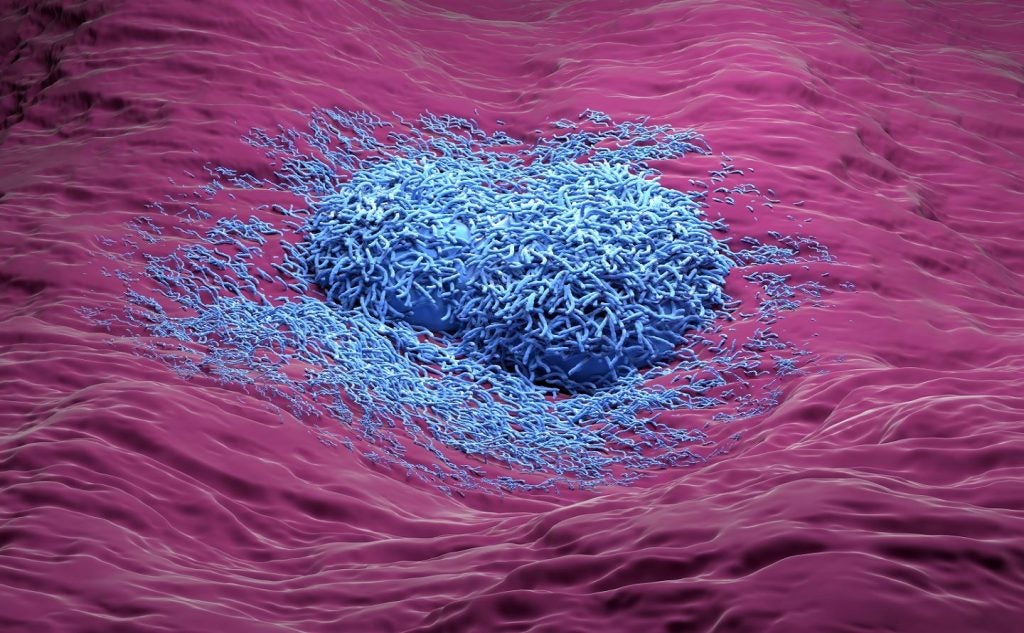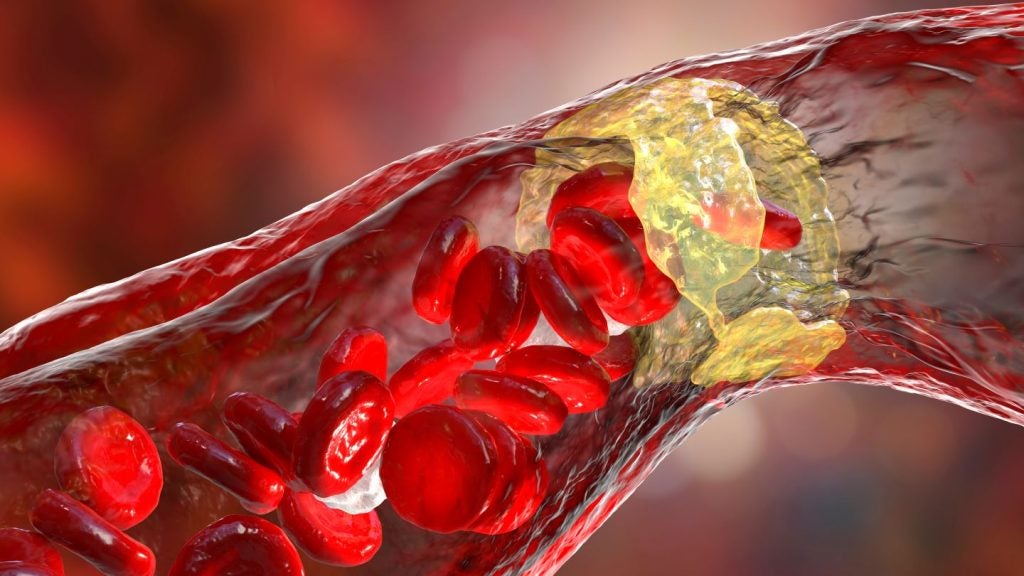The US Food and Drug Administration (FDA) has cleared VUNO’s Med-DeepBrain, an artificial intelligence (AI) tool that characterises brain structures from magnetic resonance imaging (MRI) scans.
In a 24 October statement, South Korea-based VUNO stated the device’s goal is to automate identifying, labelling, and quantifying segmented brain structures on MRI scans, a process that radiologists currently manually conduct.
DeepBrain’s algorithms sweep through 100 brain regions and provide volumetric data on the structures, as well as list cortical thickness and white matter hyperintensity.
VUNO states that the platform could have applications in the early detection of dementia and other neurodegenerative diseases because the AI can present quantifiable brain data from the patient, which has already been compared with a normal population. VUNO pointed to research that demonstrates DeepBrain can predict amyloid positivity in patients experiencing subjective cognitive decline.
The FDA clearance means clinicians are now able to utilise the software to extract information from MRI scans. VUNO said it intends to target US medical institutions for device sales and plans to collaborate with pharmaceutical companies that require an AI platform to extract data from brain MRI scans.
VUNO has a range of AI-driven diagnostic platforms that include assessing bone age from X-ray images, retinal disease screening, pulmonary lung nodule detection on CT images, and cardiac risk detection software.
The company is joining an AI wave revolution in the medical imaging sector. Though the benefits of using AI in this field are clear, some in the industry have said that further digital infrastructure is needed before its long-term roll-out is secure.
A 2023 report by GlobalData predicts that global revenue for AI platforms across healthcare will reach $18.8bn by 2027.
VUNO CEO Yeha Lee said: "VUNO Med-DeepBrain marks the first FDA clearance from VUNO, and we expect it will be a stepping-stone for VUNO's expansion into the U.S. market.”















